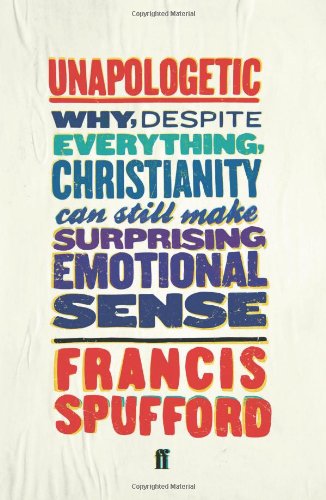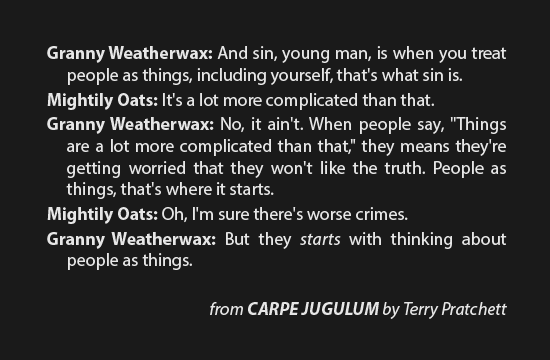No Apologies
I’ve developed a habit in recent years of getting so excited after reading the first few chapters of a book that I want to write a provisional review before I even really know what the book is about. Here I go again with Unapologetic by Francis Spufford.
Spufford’s project is to describe Christianity’s benefits in words that a non-Christian could identify with. I can get behind that project.
Two chapters into Unapologetic, I was shouting yes! yes! yes! and couldn’t wait to capture my agreement in digital ink. I even used the highlight feature on my kindle so that I could accurately report all the many, many points that resonated with my own experience.
On one point in particular Spufford was singing my life with his words.
Spufford described that transcendental moment when I am meditating on the immensity of eternity – Spufford calls it ‘praying’ but, whatever – and I experience a slight shimmer in the corner of my mind’s eye and suddenly everything makes sense and the whole universe lines up for my inspection and admiration…
I didn’t know that other people experienced that sensation too — I thought it was just me — and I had no idea that other people called that shimmer ‘God’.
Real-life intervened though and the reviewable moment was lost. As I ploughed on through the next chapter on theodicy all my admiration fell away.
Spufford concedes that the problem of evil is not a problem for atheists. It’s only a problem if you believe in one very specific kind of God: that is, a God who loves the world and is in full control of all the outcomes. There is no problem of evil if your God doesn’t care about children with cancer. Without love, there is no problem to be solved.
Likewise, there’s no problem with a God who cares an awful lot about you but is powerless to do much about it. That God would be lame and not much worthy of all the cathedrals that get built for him and he’d create all kinds of problems for his marketing department but he wouldn’t create any particular challenges for philosophers.
Since the God that Spufford worships is allegedly both omnipotent and benevolent, the problem of evil is a big problem indeed and Spufford absolutely demolishes all the usual excuses for why God allows evil to happen to good people. Let’s just say that if Spufford were in God’s marketing department, God would’ve fired him by now. Spufford works in mysterious ways.
Spufford has an interesting take on ‘sin’ too. I like it.
Immanuel Kant and Granny Weatherwax think sin happens when you treat people as means rather than ends. For Spufford, sin is just a manifestation of our Human Propensity to Fuck Things Up (HPtFTU). We humans mean well but a momentary flash of selfishness or thoughtlessness can bring relationships and friendships to an abrupt end. Sin is not God’s fault. It’s our fault.
I really want Spufford’s project to succeed but chapters three and four make me despair for the whole liberal Christian project, cuddly new popes notwithstanding.
I’ll report back if I learn anything new.



